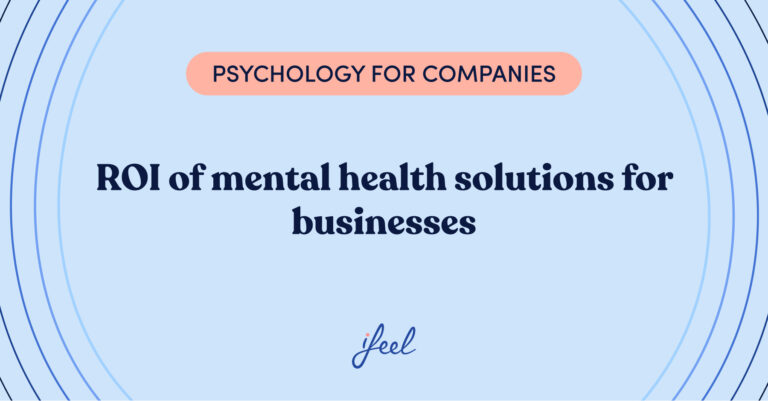Those of us who are of a certain age remember paternity leave of the men around us as a brief two-week period that, over the years, has been extended so that families can balance the arrival of a new child with work responsibilities.
As of January 1, 2021, Spanish fathers can enjoy the longest paternity leave we have known so far: 16 weeks, the same as maternity leave (excluding extensions related to the breastfeeding period).
This is what is now known as “childbirth and childcare leave”, equal for men and women, which leaves behind the old labels of paternity or maternity leave.
Those who have been fathers during the last few months and have applied for paternity leave will already know that the first few weeks of leave must be taken uninterrupted, while the remaining weeks can be taken with interruptions until the baby reaches its first birthday.

That’s the theory out of the way. Then there is how paternity leave can be applied to different jobs. For example, some may find that the theory says that you don’t work during the 16 weeks of leave unless you work in an SME. In practice, this may prevent you from disconnecting one hundred percent from work due to the demands and needs of this type of company, more demanding in some aspects than a large corporation or the public administration itself.
Why is paternity leave important?
Whatever the reality in each family, it is important to understand that the traditionally called paternity leave is a right for fathers. Its purpose is to help them take care of themselves and their families during the first months after the birth of a child without work being an obstacle.
Parental leave has a great impact on the psychological health of the employee and must be at the service of enabling them to be a good parent but also a good employee. Otherwise, when both aspects get in the way of each other, the emotional well-being of the new father will suffer, and, therefore, so will his experience as a parent and his experience as an employee.
To avoid this from happening, the company must understand that paternity leave is a tool that will also have a positive impact on the company and that it should not put obstacles in the way of the employee using this right.
On second thought, what is the point of having an employee on the team who is exhausted because of how badly he is sleeping with a newborn, worried about how things are going at home without him being able to participate, or frustrated because he is missing a large part of the first months of his child’s life?
In addition, the birth of children generates in workers a need for stability and continuity in the company, as long as they are happy there. Therefore, this opens an opportunity to take care of talent retention through a corporate strategy of family reconciliation. It is not only a matter of complying with the law (paternity leave is a right, it is not debatable) but also of incorporating an attitude on behalf of the company that increases the benefits of paternity leave for the birth and care of the child.
Ifeel has created an emotional well-being program for companies, designed by its team of psychologists to help companies take care of their employees’ experience including when they have children and need their company’s support.

Thanks to this partnership, HR managers can receive personalized, data-driven advice on how to help new parents in their company make the most of their parental leave, showing them that the company they belong to is on their side at such an important time in their lives.
On the other hand, ifeel‘s emotional well-being program for companies offers employees a mental health care service structured at different levels depending on their needs at any given time, including issues related to parenthood, especially if they are new parents.
This way, they can access various mental health care tools with ifeel‘s app. On the second level, they can receive emotional support through a chat with one of our platform’s licensed psychologists. If additional help is needed, they can access level three: online psychological therapy with a psychologist specialized in cases like theirs.







